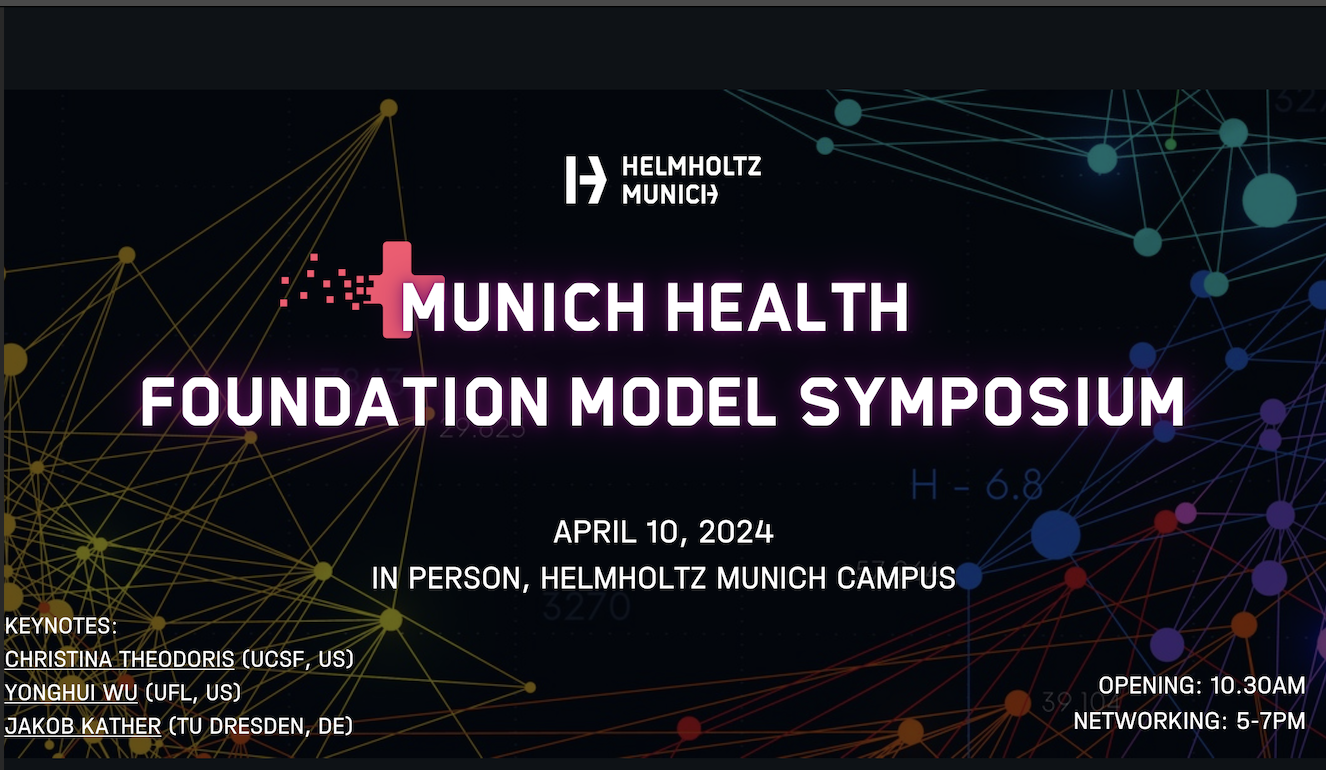Description
In hematology, computational models offer significant potential
to improve diagnostic accuracy, streamline workflows, and reduce
the tedious work of analyzing single cells in peripheral blood or bone
marrow smears. However, clinical adoption of computational models has
been hampered by the lack of generalization due to large batch effects,
small dataset sizes, and poor performance in transfer learning from natural images. To address these challenges, we introduce DinoBloom, the
first foundation model for single cell images in hematology, utilizing a
tailored DINOv2 pipeline. Our model is built upon an extensive collection of 13 diverse, publicly available datasets of peripheral blood and bone marrow smears, the most substantial open-source cohort in hematology so far, comprising over 380,000 white blood cell images. To assess its generalization capability, we evaluate it on an external dataset with a challenging domain shift. We show that our model outperforms existing medical and non-medical vision models in (i) linear probing and k-nearest neighbor evaluations for cell-type classification on blood and bone marrow smears and (ii) weakly supervised multiple instance learning for acute myeloid leukemia subtyping by a large margin. A family of four DinoBloom models (small, base, large, and giant) can be adapted for a wide range of downstream applications, be a strong baseline for classification problems, and facilitate the assessment of batch effects in new datasets.

